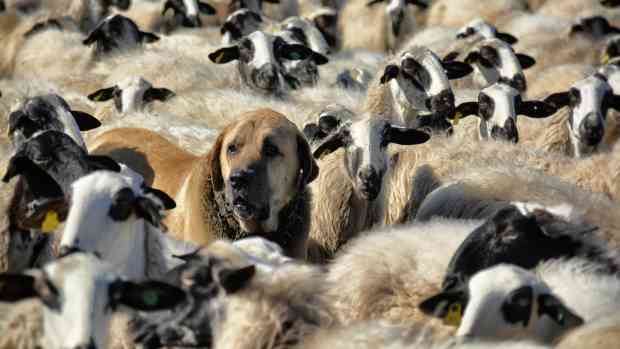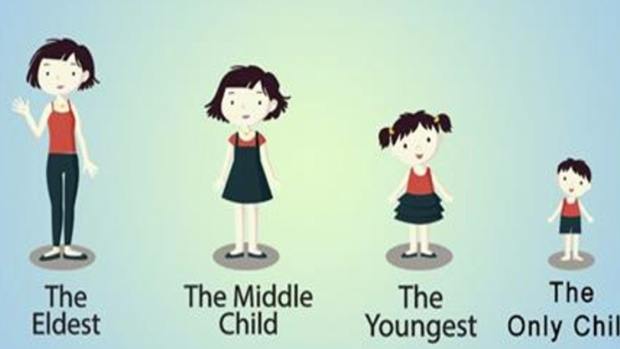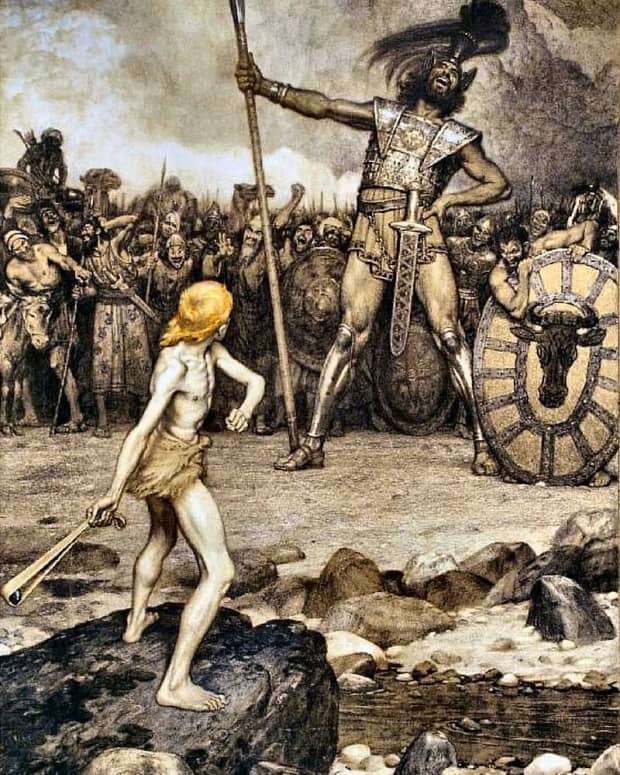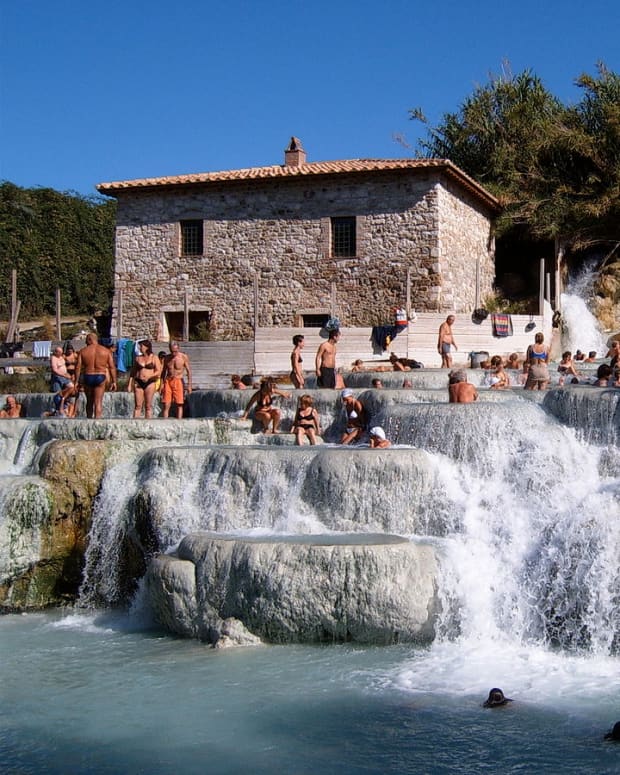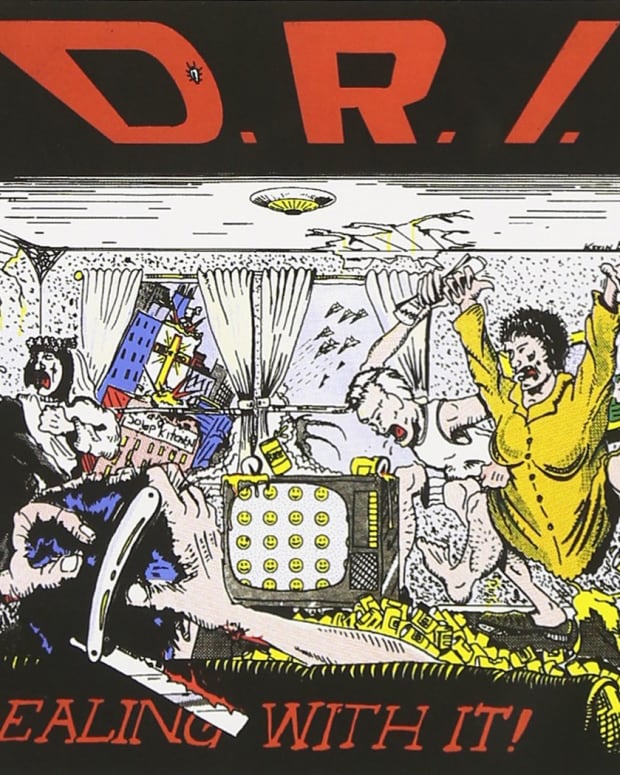United Kingdom - Children's Outdoor Games in the 1960s

KIDS ON THE BLOCK by Majja Portrait of two boys playing together outdoors
© Majja | Stock Free Images & Dreamstime Stock Photos
Children's Outdoor Games of the Past
Walking down any street in Britain today, one notices that there is something missing. Children, today, do not play outside as children used to in the nineteen fifties and sixties. When one looks into school playgrounds even in primary schools, boys play football, some girls might be half-heartedly skipping, but they mostly hang around chatting and comparing their designer clothes and shoes. It is no wonder that child health experts, parents and teachers worry about childhood obesity. In the nineteen fifties and sixties, children were never still, whether playing in the streets outside their homes or in the school playground. It is sad that one no longer hears children chanting the rhymes that accompanied traditional outdoor games.
Parents today might believe that with more traffic and the perceived risks and hysteria associated with stranger danger that it was very unsafe to allow children to play outside in the street. Although it is easy to look at the past with rose coloured glasses, in fact, children were safe. Neighbours knew local children and many eyes looked out for them and their safety. Any stranger in the street would immediately bring one or more neighbours out to enquire whether they could help. The French say that it takes a village to raise a child and, in the nineteen sixties, the British lived that adage neighbours looked out for one another and that included looking out for local children.
Outdoor games, whether in the street, school playground, or a local park, had different seasons and children played certain games according to age or sex, but some games were universal. Outdoor games and their accompanying rhymes had regional variations.
Outdoor games were passed orally from older children to younger, and it is apparent from the rhymes accompanying the games that their origins may lay a long way back in history. These games may also reflect adult, rather than children’s issues. “The Farmer’s in his Den” for example, is a singing game played in the 1960’s by young children from toddlers to eight year olds. The game originates, probably, in Germany, and its first documentary appearance in was during the nineteenth century. The game is about courtship, marriage, starting a family and establishing a home.
“Lavender’s Blue” another singing game played by small children was well known before the late 17th century and is anything but a children’s song. As it refers to bawdy 12th night festivities it is probably much older than its first documented appearance and may date back to Tudor times. Tudor courts famously indulged in extremely bawdy 12th night activities. These were little children’s games played in infant’s school playgrounds; once children began primary school, they played different games.
Primary schools in the UK were for children aged 7-11, a primary school playground in the 1960’s was very different to an infants’ school playground, boys and girls tended to play in all boy or all girl groups. Boys and girls playing in the street or park outside school hours also tended to play in same sex groups for many games. Their games were different too.
One all year round girls’ activity was skipping either singly or in groups. Two girls would turn the rope, not a shop bought skipping rope with posh wooden handles, but more likely a washing line since these were cheaper and longer. Then everyone chanted any of many skipping rhymes e.g.
Teddy Bear, Teddy Bear, turn around,
Teddy Bear, Teddy Bear, touch the ground
Teddy Bear, Teddy Bear, show your shoe
Teddy Bear, Teddy Bear, that will do!
Teddy Bear, Teddy Bear, go upstairs
Teddy Bear, Teddy Bear, say your prayers
Teddy Bear, Teddy Bear, turn out the lights
Teddy Bear, Teddy Bear, say good-night!
The girl skipping would perform the actions whilst everyone chanted the words. Other skipping rhymes included
All in together girls
never mind the weather girls.
When I call your birthday
Please jump in.
January, February
March, April, May, June,
July, August, September,
October, November, December!
A long rope was necessary for this skipping game, since all the girls except the two rope turners would end up skipping.
French skipping was another popular girls’ game. The equipment for this game was a long piece of elastic around two metres or six feet long, the two ends knotted together to make a loop. Two girls step inside the loop stretching it tight at their ankles in the first instance. The skipper then executes certain hops and jumps using the elastic in various ways. When she finishes the elastic is raised to knees, thighs and waist, until she makes a mistake, when she replaces one of ‘enders’. In 1960’s Kent, French skipping was a summer activity.
Girls mostly played Hopscotch, but on occasion boys joined in. Someone would draw a chalk hopscotch grid on the pavement or asphalt play surface. This did not damage anything since it would fade away in the next rain shower.
Different Games for Different Seasons
Marbles was mostly a boys’ activity, although some girls joined in. Conkers was, of necessity, an autumn boys’ activity. Horse Chestnuts would be pierced and a knotted string threaded through them. Some boys would do amazing things to the ‘conkers’, soaking them in vinegar, and other substances, baking them et cetera, in an attempt to make their ‘conker’ hardier than their schoolfellow’s ‘conker’ was.
Football (soccer) was usually a boys’ activity although up until around ten years old a rare girl would join in. Two sweaters on the ground for goal posts and a ball were all the equipment needed and any ground formed a pitch, whether it was the school playground, playing field, recreation ground or the street. Playing football on the school playground resulted in scraped school shoes, which caused parents great pain, distress and expense.
Two, or three, ball was a girls’ activity and against any handy wall, one might see as many girls as would fit juggling with balls against the wall, chanting various rhymes. Another way with juggling balls was to face a partner and juggle three or four balls between the two of you.
In Kent, during the sixties, outdoor games and activities marked the seasons of the year. They also marked childhood’s gentle rhythm, when children grew slowly from babies’ games like “the Farmer’s in his Den” to older children’s games. Children were rarely still, and played out on long summer evenings until called in by parents, and during school holidays until the sun set. Chanting rhymes and singing songs that one rarely hears today. Children’s merry voices are absent from streets today. Children do not have the long growing time that yesterday’s children had, or the long apprenticeship learning how to share, take turns, win, lose, and look out for one another and spot possible danger. Parents today keep their children under their noses until they have to let them out, and then wonder why they do not know how to cope with that sudden freedom.
© 2012 Mercia Collins


